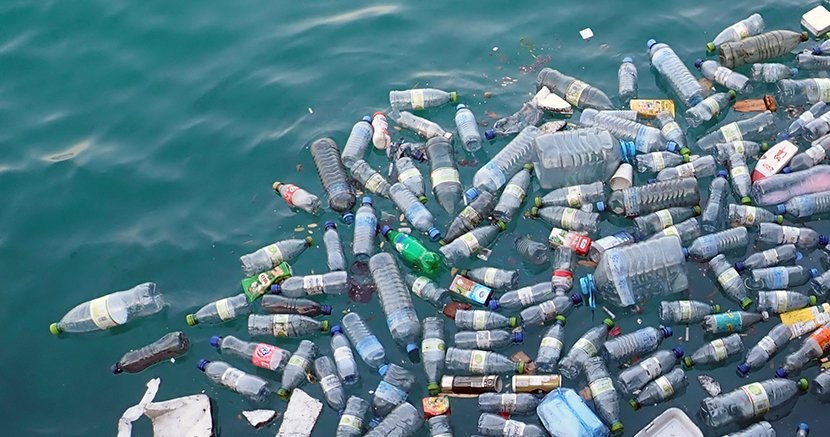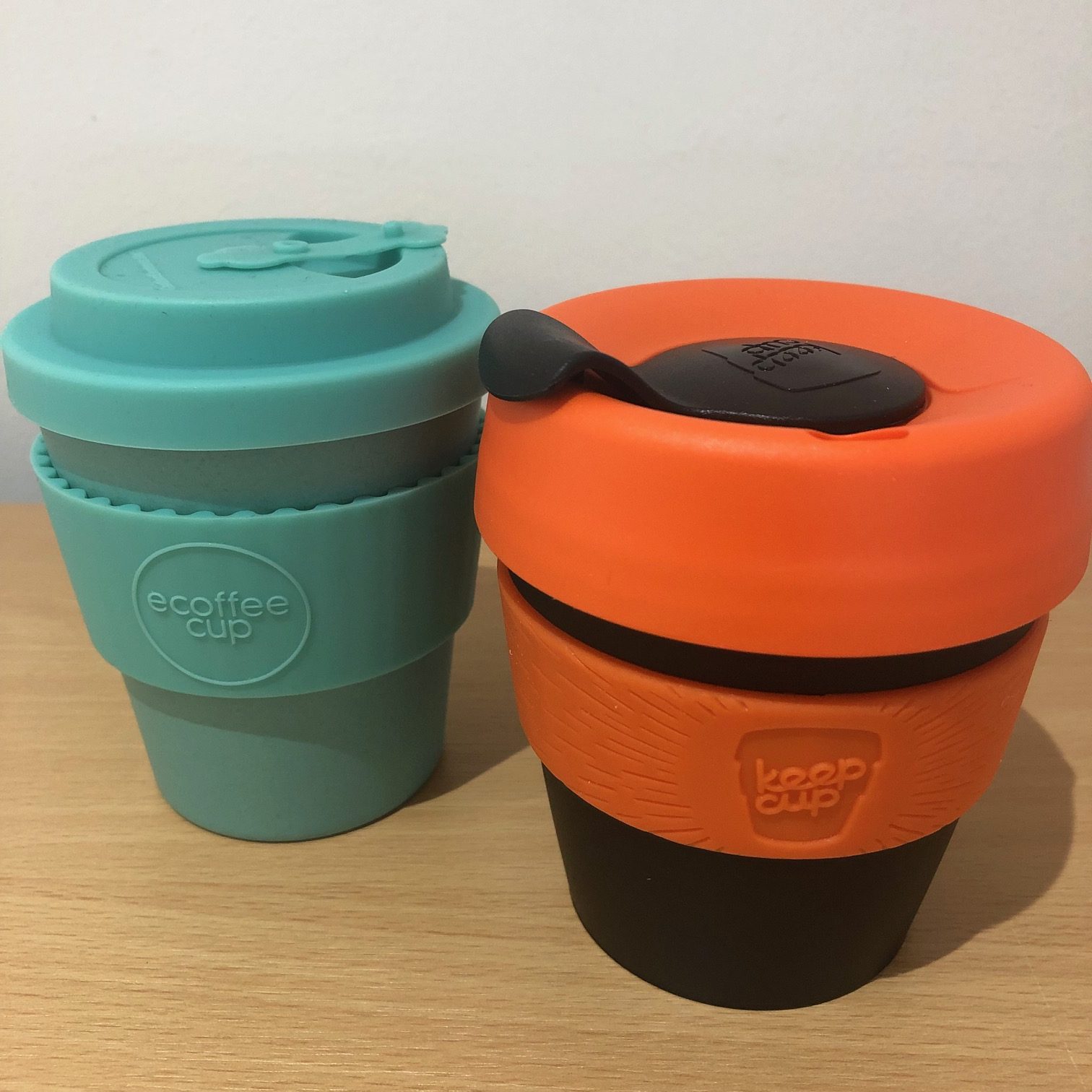World Environment Day. Beat single-use plastic.
Today is World Environment Day and the best way we can take care of our planet is to cut single-use plastic from our home and work lives. Today the airwaves are buzzing with single-use plastic pollution notifications, hints and suggestions as to what we can all do help reduce plastic with sustainable alternatives or simply cut it out completely.
Looking at the crowds on the beaches last weekend and seeing the vast litter debris left behind was shocking and it seems that in these challenging times of coronavirus we've taken some steps backwards with regards to recycling habits and plastic pollution.
Bottles and lids number one offender
So how can we cut out the worst offenders of plastic elements that wash up on our beaches?
Did you know that there are more bottle tops than bottles found littered on the sandy shores and around the environment because bottles without their tops sink to the bottom of the ocean where they risk being broken up into thousands of pieces of microplastic. The bottle lids are made from HDPE or LDPE and typically float.
Why buy bottled water? An act of convenience no doubt. But bottled water can cost between 30p and 60p a litre and comes in plastic, usually non-recyclable, that is manufactured with oil which has to be transported with a high carbon footprint. Recent studies have shown that 93% of bottled water shows signs of microplastic contamination so another good reason not to buy it or drink from it.
With so many water filtration systems available especially in mains-fed water coolers, fountains and high-volume dispensers you can refill a reusable bottle in seconds, and it tastes great chilled and filtered.
Choose to refill
Refill a reusable bottle and save money and prevent single-use plastic water bottles going into landfill, the environment and then the ocean sea where they take hundreds of years to decompose.
To help make the plastic point, here are some plastic facts according to Friends of the Earth. 12 million tonnes of plastic ends up in the sea each year. Only 9% of all plastic waste has ever been recycled. 700 or so marine species have been found entangled in plastic. 1 million plastic bottles are bought worldwide every minute and 100,000 tiny bits of plastic could end up in the ocean with each shower you take, depending on the products.
If we all adopt the refill revolution, we can stop plastics going to landfill and then the oceans, endangering our dolphins, turtles and other wildlife too. Such steps will enhance your life: saving you cash, replace aggressive chemicals and give you that contented feeling you are doing good for the planet. The most single helpful thing we can all do on World Environment Day.
Contactless coffee
It goes without saying to take your own reusable coffee cups and drink bottles to refill and self-fill. Many cafes that are re-opening and are operating a #contactlesscoffee service where you place your clean, reusable cup on the counter for the barista, it is retuned to you safely and you put your own lid on. In this way you can say no to a coffee in a throwaway plastic lined and lidded cup.
Our plumbed in hydration stations are very popular and allow staff to refill with filtered and chilled water that tastes great. Increasingly we are getting in the habit of carrying areusable bottle because in the UK we use over 35 million plasticbottles every day and this can so easily stop.
Refill stations in public places are helping and retailers are installing self-fill hydration stations for their customers. They may be closed right now due to coronavirus but do remember this for post-lockdown. Interestingly many customers are now enquiring about sensor and pedal controlled fountains so refills can happen hands-free, again with infection control in mind.
Time for tea
Probably having read this you now need to sit down with a cuppa to plan your plastic-free moves! Of course a KettleTap gives you instant boiling water on tap saving time, money and energy, why wait for an old fashioned kettle to boil? But choose your tea bags with care or go loose leaf. Many tea bags contain plastic, but Pukka Tea and Teapigs are plastic free and PG Tips are biodegradable.






